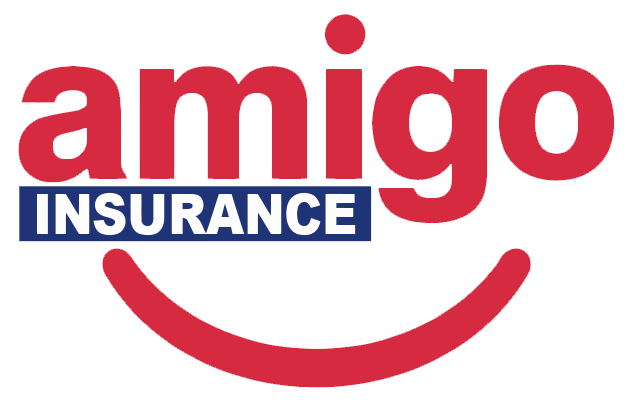Are you launching a delivery business or some other enterprise that requires a lot of driving? The need for commercial auto insurance is on the rise due to a growing number of commercial vehicles throughout the U.S. You, too, will likely need an auto policy that provides insurance coverage specifically designed for business use.
Commercial and personal auto insurance have similarities, but there are significant differences. Generally, commercial auto policies are tax-deductible and have higher liability limits since business vehicles tend to need more protection. They also can cover vehicles not owned by the company, like if an employee drives their own car for work. However, whether to expand your personal plan or get a commercial one will depend on the kind of driving you do and several other factors.
Why Get Commercial Auto Insurance?
You may need a commercial policy if you:
- Transport people or goods for cash.
- Accrue lots of miles for work, whether by delivering food, driving clients or visiting job sites.
- Transport tools, equipment or other items for professional reasons.
Due to the high number of miles on the road, the accident rate for commercial fleets is roughly 20 percent. Year after year, the likelihood of an accident adds up. That figure alone should convince businesses to make sure their vehicles have sufficient coverage. A solid plan might include liability, collision and comprehensive, medical payments (or personal injury protection) and coverage for uninsured motorists.
Sometimes the smaller details can determine not just whether you need commercial insurance, but what types of coverage should be in your plan. When you speak to an insurer, be prepared to answer questions about how you use business-related vehicles, who will be driving them, and whether you plan to drive your own car for business purposes.
What Liability Protection Does Commercial Auto Insurance Usually Provide?
Commercial auto insurance can offer a broad range of liability protection – which covers you for claims filed due to injuries and damage to people, property or both. A policy typically includes:
- Liability coverage – Bodily injury and property damage liability, to pay for injuries, deaths, or property damage if a driver causes an accident while working. It may also pay for legal fees.
- Medical payments – To cover the medical expenses of the driver and any passengers in case of an accident, regardless of fault.
- Comprehensive and collision coverage – In case of vehicle damage from theft, vandalism, damage if your vehicle is hit by an object or another car, and other potential sources of damage.
- Uninsured motorist coverage – To cover the cost of treating injuries and/or repairing property damage caused by an uninsured or hit-and-run driver. It may also cover you if the insurance of the at-fault driver is insufficient to cover all expenses.
Get the Commercial Auto Policy That Matches Your Specific Role
Getting the right policy for your job can be a little more involved than selecting a personal policy. There are often other kinds of protection to consider that take into account the details of your work role. To be sure you have the appropriate coverage, it may help to find out what other people in your field typically carry. Other options include:
- Products-completed operations – Liability protection (damages and legal expenses up to your policy’s limit) if an injury results from something your company made or service your company provided
- Products liability – To protect your company against lawsuits from product-related injury or accidents
- Contractual liability – To cover any liability you might assume by entering into contracts with other entities
- Miscellaneous coverage – For anything else that may be required, from borrowed equipment, liquor liability, and non-owned vehicles (such as watercraft) to legal defense costs and advertising injury
Do any of your workers use their business vehicles in their personal life? The name of the business should appear on the policy as the “principal insured” rather than your name. This will avoid possible confusion if you need to file a claim or a claim is filed against you.
What About Insurance for Rideshares?
If you plan to drive for a rideshare – or a similar business – check with the specific company to find out what coverage rules are required. The message to drivers on Uber’s website, for instance, is that the company maintains commercial auto insurance on drivers’ behalf, but also that “expanding your personal auto insurance to include rideshare and delivery insurance coverage could help protect you even more.” In other words, you may still need additional protection.
But personal auto insurance carriers offer additional rideshare/delivery coverage options for certain lines of work, so commercial auto insurance isn’t necessarily required. Ask your insurance agent to explain all the differences and options.
At Amigo, we have additional information about the different options for commercial auto policies. Get a free quote here today or call us at 773-847-9000, where our agents are ready to help.
